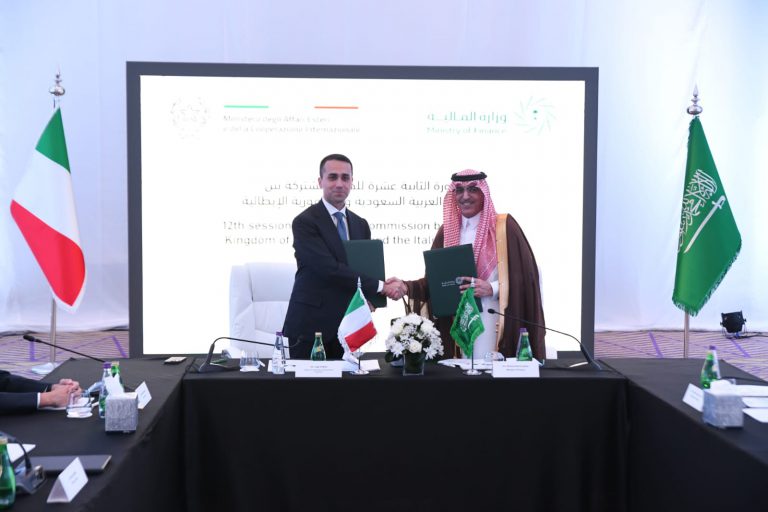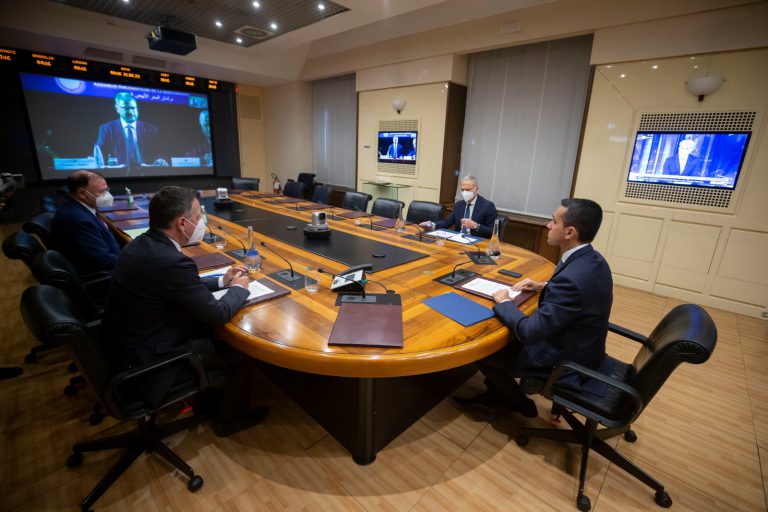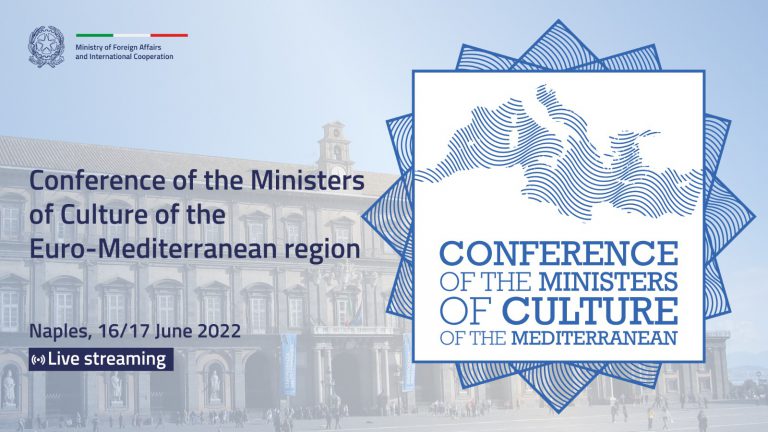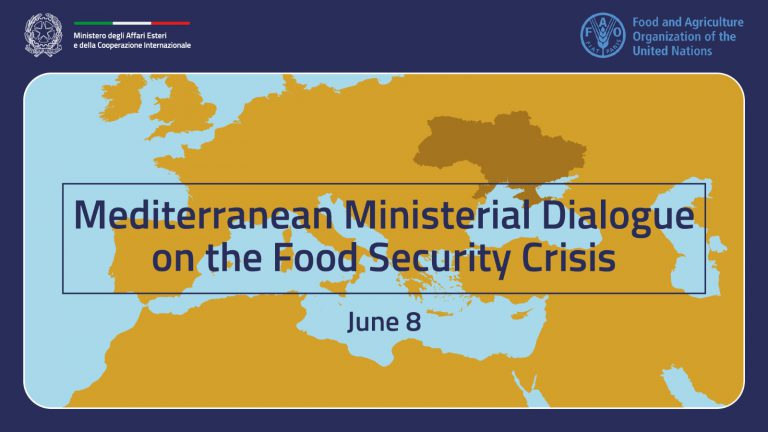Minister Terzi, yesterday afternoon Italy summoned the Israeli ambassador, as England, France, Spain and other countries had also done in recent days. Nevertheless Naor Gilon said that it was “only an invitation, we will assess it once we know what it’s about”. You were monitoring everything from the NATO ministerial meeting in Brussels, would you tell us how it went?
«I asked Secretary General Michele Valensise to summon ambassador Gilon in order to inform him of Italy’s deep concern over the Jerusalem government’s authorization of 3000 new homes in East Jerusalem, a step that could jeopardise the resumption of the talks between Israel and Palestine. The summoning of the ambassador was an action agreed to by all 27 European member states, and therefore not only the nations that voted “yes” on the UN resolution recognising the Palestinian State. We are concerned also by the interruption in financial and electrical power flows to the Palestinians. Both sides need to practice moderation. We have asked that of Israel today, as Premier Monti had already done with Abu Mazen, to avoid what could be termed a “diplomatic intifada”».
What assurances did you receive from Ambassador Gilon?
«The ambassador obviously acknowledged our concern, which he said he would report to his government, but did not offer anything conclusive. Diplomacies like ours are working to promote the peace process, and I believe both parties have understood this quite clearly».
Are the difficulties in the negotiations owing to the fact that elections are coming up in Israel? A change in leadership could help the peace process, given that Netanyahu is immovable on the new settlements – contested also by the American government – while Tzipi Livni and Ehud Olmert have more flexible positions.
«The current alliance in the government places a priority on security, the Iranian nuclear threat, and the settlements as the “natural growth” of Israel. The coalition around the Likud, which includes religious parties, views these questions with different eyes than the secular Israeli world, but those differences go back to the days of the Oslo process. Certainly changes in domestic policy are needed in both Israel and Palestine. The UN’s “yes” was a yes to the PNA and to the legitimate initiatives they undertake on a multilateral basis, as opposed to taking up arms as Hamas has done».
After the UN vote, what is the status of relations between Italy and Israel?
«Relations are excellent; our “yes” vote was perfectly understood».
You have just participated in a NATO ministerial meeting. What is the strategy for Syria, now that the Patriot missiles have been deployed? Is there any chance that article 5 of the Alliance Treaty will be applied, i.e. that if any member is attacked the others must respond in its defence?
«NATO has deployed those Patriot missiles in defence of Turkey’s borders, clearly a decision founded on article 5, even though it was not explicitly cited. There has been much discussion, both in the NATO-Russia Council, among the 28 and with Russian minister Lavrov, with whom we shared concerns over Syria’s possible use of chemical weapons. Lavrov assured us that Moscow had sent repeated and pointed messages to Damascus in an effort to avert that possibility».
Syria is said to be holding approximately 1000 tonnes of chemical weapons…
«The quantity is certainly considerable, but the regime knows it cannot cross that red line. On this we have had the complete agreement of Russia, which has a strong influence on Damascus».
Is there any risk of intervention in Syria?
«I would rule that out. The deployment of the Patriots is not meant to create a no-fly zone, but as a deterrent and a defence of Turkey from Syrian Scud rockets. Besides, the operations by the free Syrian forces are proceeding more rapidly than predicted. Our concern is for the massive humanitarian emergency. Over 6 million euro has been earmarked, and we have just released 1.5 million for a refugee camp in Jordan. The main victims of the conflict are the children, and now the cold is an added element. The situation is intolerable, and we plan to earmark even more funds».
After the experience with Libya, does the Syrian opposition appear reliable?
«It is made up of well known and moderate persons with whom we are well acquainted and continue to meet; in fact, a meeting is planned for Marrakesh on the 12th. The embryo of a government is being formed, which Italy must sustain with conviction».







